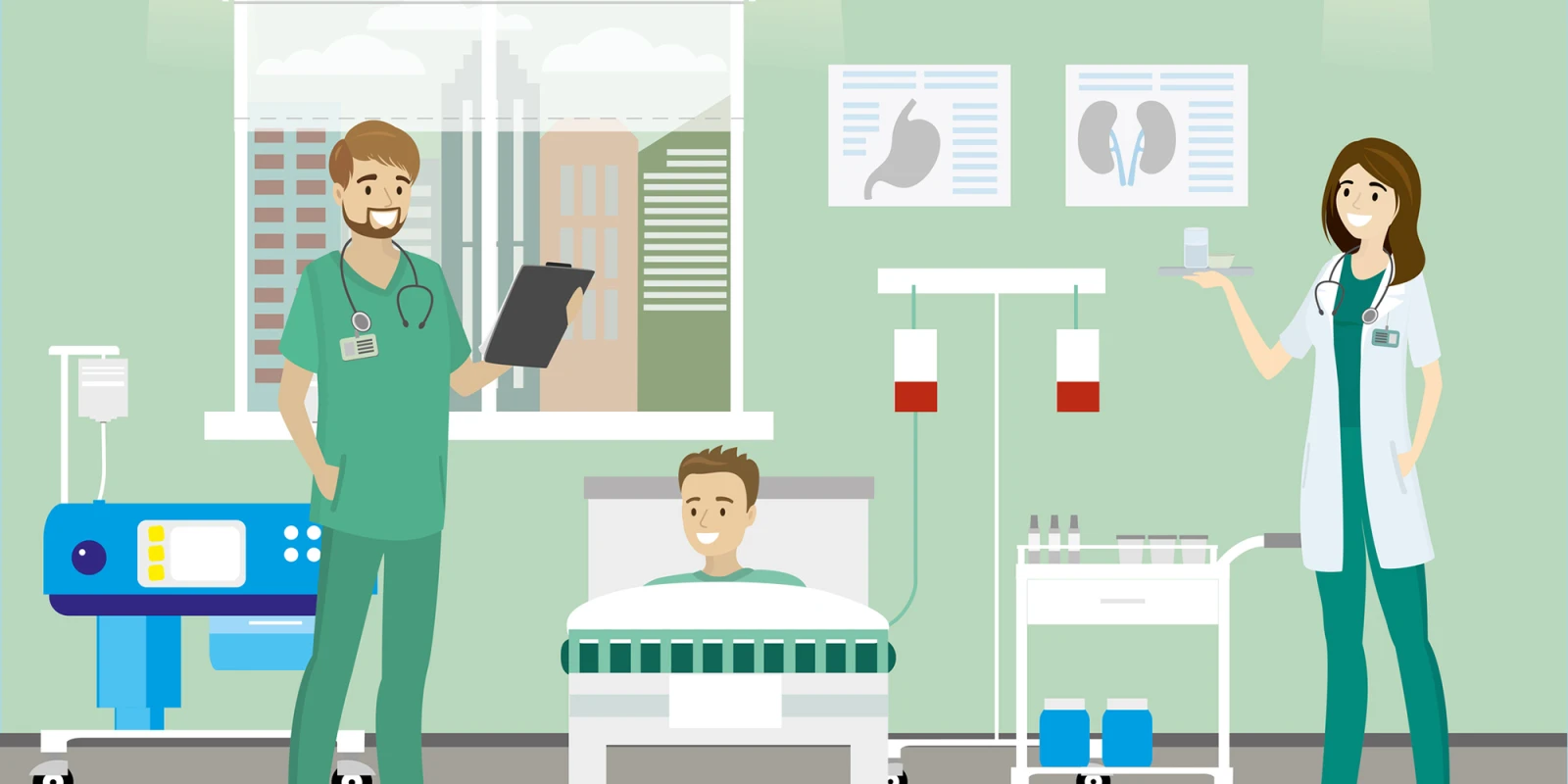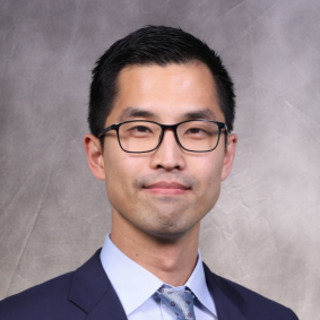
Leaving the operating room, we rolled the patient’s bed to a stop at our designated area in the recovery unit. A flurry of activities quickly followed to settle the patient into the receiving team’s care, and to re-connect the patient to the monitor. One nurse placed EKG stickers on his chest. Another nurse placed a blood pressure cuff around his arm.
Awakened by these activities, the patient, still grinning from pain and groggy after the operation, opened his eyes. Recognizing me amid a sea of new faces, he looked to me and asked, “It’s all done? How did everything go?”
After making sure that he was stable, I tried my best to answer him in detail. “The operation went smoothly. The hernia was slightly larger than we expected but we were able to fix it with a mesh.”
Understandably anxious, he had several follow-up questions. “When can the dressing come off? When do I follow-up in the office? When can I return to work?”
I answered him patiently, and told him that the rest of the instructions would be in his discharge paperwork. Seeming reassured, he thanked me and drifted back into sleep.
As I stepped away from his bed and headed toward the door, a nurse in the unit gently approached me.
“It’s very kind of you to explain all that to him. It’s too bad he won’t remember. That’s why most physicians come by later.”
“Oh, won’t he?” I told her that as a resident relatively early in my training, I had little experience in watching patients wake up from anesthesia.
She told me that in her experience, patients tend not to remember conversations in their early post-operative period. They tend to ask the same questions again when they wake up in a few hours.
Initially upon receiving this advice, I thought about postponing these post-operative conversations myself. From a practical standpoint, it didn’t make sense to have multiple conversations about the same thing.
Then it dawned on me that sometimes in medicine being practical or efficient may not be the highest priority.
I considered how I would feel if I were in their position, waking after an operation that could have potentially been life-altering. As a patient, wouldn’t I want to see a familiar, trust-worthy face in the room as soon as I awake? Wouldn’t I want to hear that everything went well and feel reassured even though I may not remember the encounter later?
To this day, I continue to have conversations with patients in the recovery unit, fully knowing that they may not remember. It is no longer an important question to me. This encounter is not meant to be practical, but rather meant to humanize their experience. These patients are often reassured and fall back asleep peacefully. And part of a physician’s duty, I believe, is to mitigate their anxiety and to instill that sense of calm, not only when they are aware and can remember, but also as an unconditional way of acknowledging their humanity.
Moreover, although patients tend not to remember, sometimes they still can. I spoke to an acquaintance at a recent gathering. She told me that she had undergone surgery recently. When she awoke in the recovery unit, she began to ask a series of questions, to which the providers replied, “We could explain it to you, but you won’t remember any of this, so we’ll come back again in a little while.”
She said, recalling her deeply-felt frustration, “I remember this incident so clearly because I was so anxious to speak with my provider about the operation. I had to wait several hours until someone finally came to speak to me!”
Her story further reinforced the importance of simply being there for them in times of need.
It is easy in medicine to allow our perceptions and behaviors to change when we believe that patients cannot remember certain encounters. However, I hope that in going forward, I will continue to remember that there is value and worth in these interactions in it of themselves.
Jason Han, MD is a thoracic surgeon and a 2018–2019 Doximity Author.







